
Due to the coronavirus global outbreak, in many business hubs working from home is no longer a privilege, it's a necessity. Even though city centres are turning into ghost towns, the work can never stop. Thousands of businesses are trying to figure out how to stay operational in a virtual world. Working from home is a solution but it has its challenges, and we need to find ways to be as productive as in offices.
Working from home is convenient and feels like a luxury compared to a noisy office. There are a lot of benefits of working from home, from being able to take care of errands to a flexible schedule and more. But it's also very dangerous if you easily give in to numerous distractions and procrastination which can hamper your work and productivity.
When people think about working from home, many imagine getting up late, lounging around in their pyjamas, taking a lot of breaks and a long leisurely timetable. But we need to realize that even though working from home offers a great amount of flexibility, it is still a professional job and we should follow a routine to get things done on time.
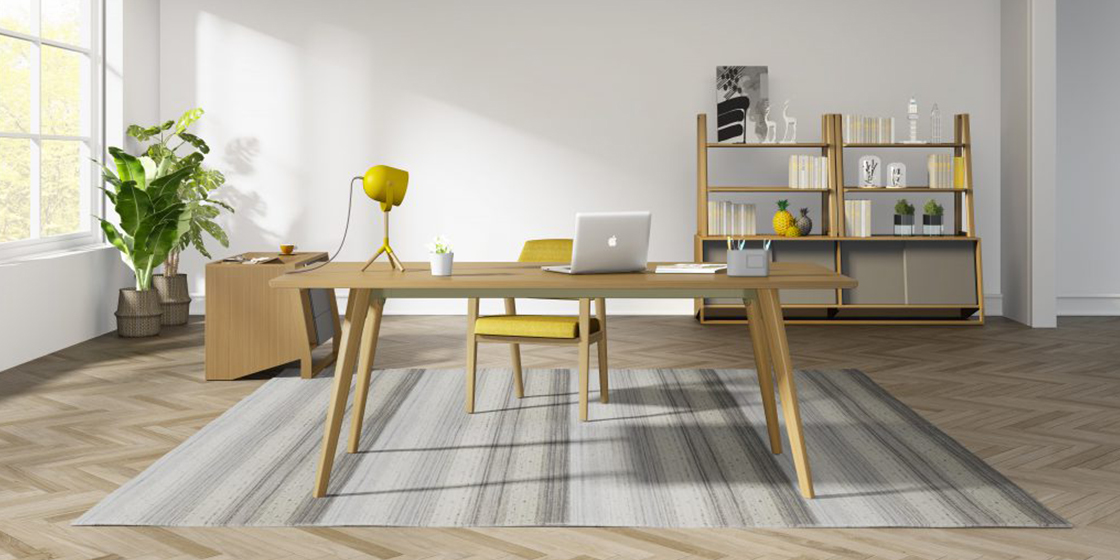
So, how do we work from home and still be productive? We have got you covered. In this article, we are not discussing productivity hacks for day-to-day work but solely focusing on working from home. Here are 15 tips to make your work day at home a success:
1. Create an exclusive Work space
Have a room dedicated to your work. If you don't have that facility, then make a designated space with your desk where you can focus on your work. Taking your laptop and lounging on the couch in front of the television will present many temptations. If you set aside a separate workspace, your mental space will change from “I'm at home” to “I'm at work”.
2. Invest in a functional desk and an ergonomic chair
Choose a comfortable, ergonomically sound chair that will keep you properly aligned throughout the day. Purchase a desk(Tables、 Desks & Workstations) based on the kind of work you need to do and the space available, having storage cabinets and functional design. It's worth spending some money on.
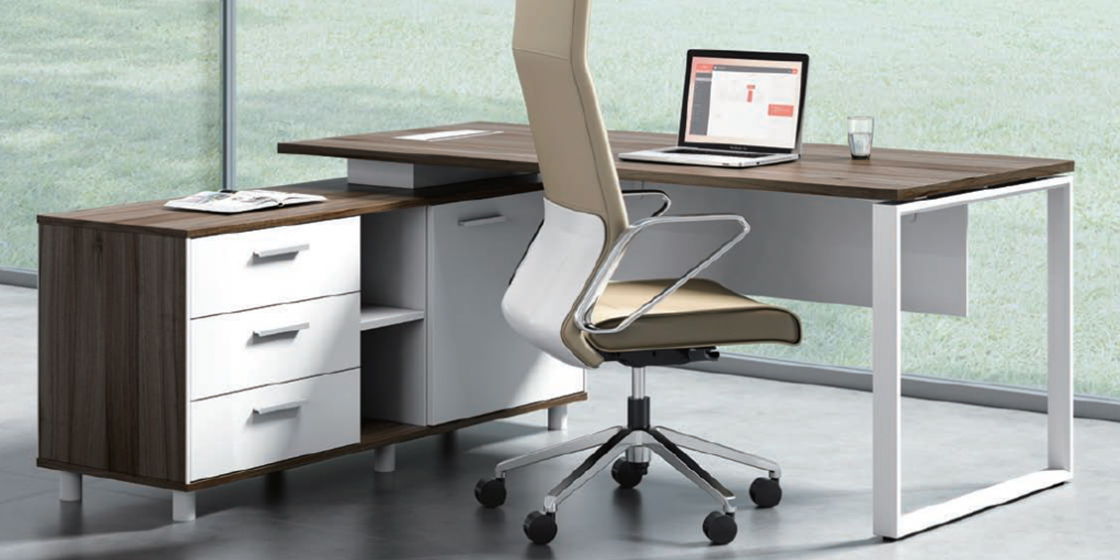
3. Follow your regular work hours
It's tempting to give yourself total flexibility as to when you get started, take breaks, and call it a day. But we should follow the regular work hours as most of us work in teams and our tasks are connected to others. For example, it might be important for you to check your emails each morning, or to be available by phone in the afternoons. Other than that, choose times of day when you're likely to get the most work done.
4. Close the door and avoid distractions
It'll be very easy to leave the door open to the room or space you set apart to be your workplace open. Don't do it. Avoid disturbances and Set boundaries by explaining to roommates, family members or children that your work area is off-limits and not to disturb you unless it is important. Set aside breaks to spend time with them.
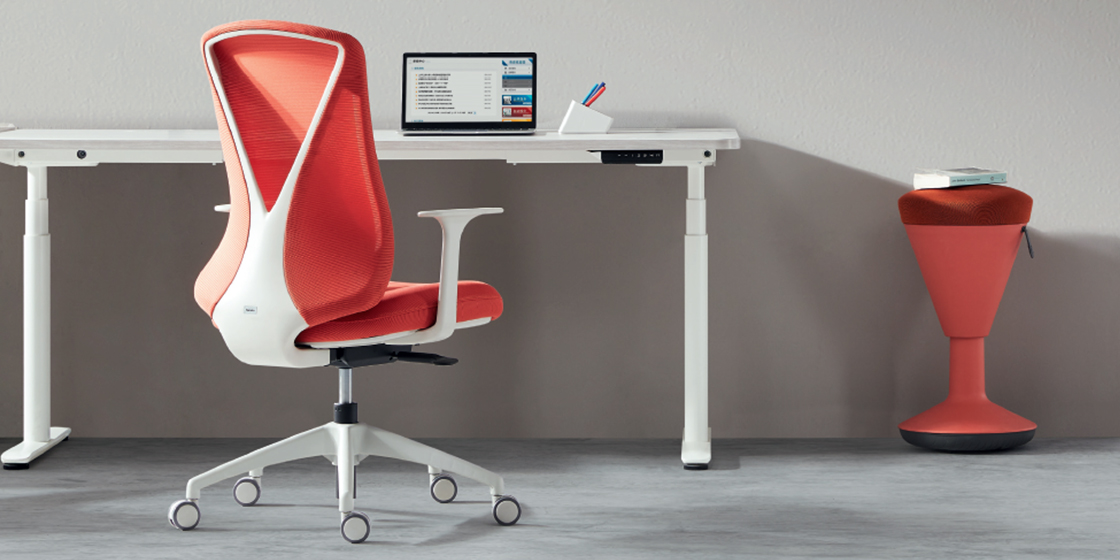
5. Find the right ambience
When you work from home, you have to create that environment yourself. Sometimes that means finding the right playlist, having a clean desk, lighting the perfect candle, etc. You can also look for natural light and set up your workspace near to that. Find what's right for you and let the ambience help you get the best out of it.
6. Freshen up and pretend like you are going to the office
The mental association you make between work and an office can make you more productive. Do all the things you'd do to prepare for an office role: Set your alarm, make coffee, and wear comfortable clothes. Getting dressed makes the home office feel more like a real office and puts you in the right state of mind.
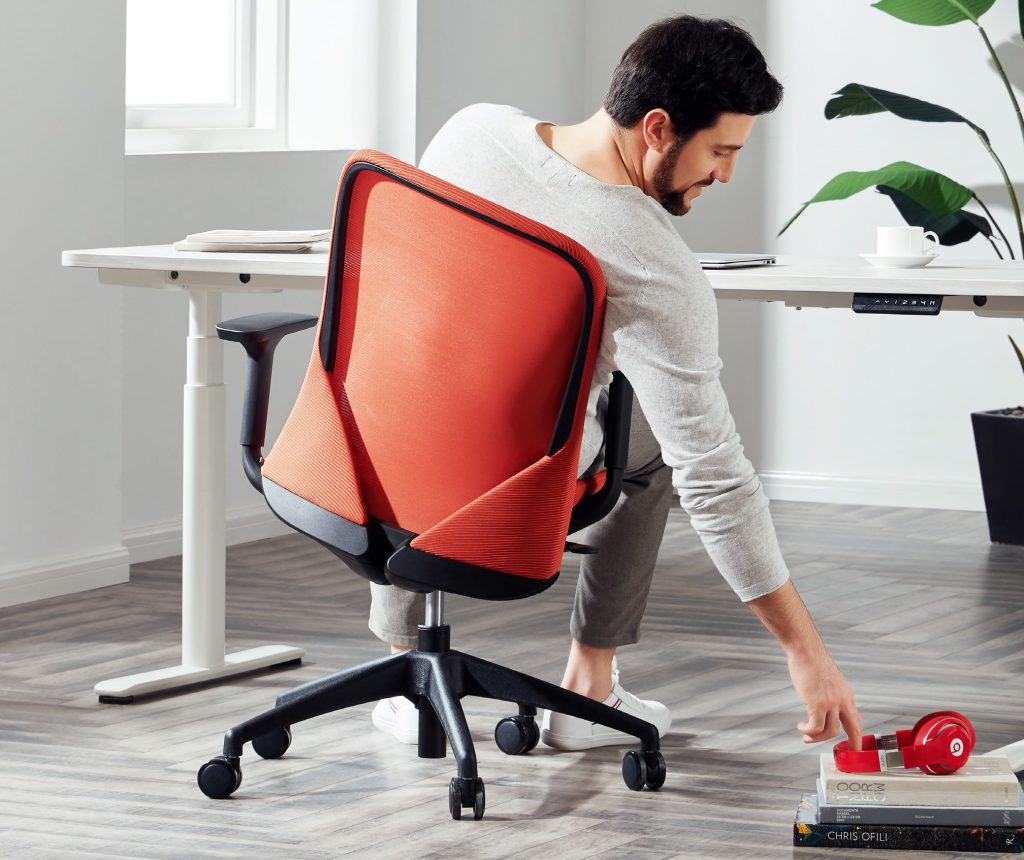
7. Put on a noise-cancelling headphones
There are times when you need complete focus or in an online meeting but ambient noise, phone calls or background chatter create distractions. Buy a noise-cancelling headphone to distance yourself from nearby sounds and be attentive to your tasks in hand.
8. Plan breaks in your day
Plan yourself rewards and breaks throughout the day. Make sure you get up from your desk during those breaks – get some fresh air, grab a healthy snack or coffee, and have a talk with friends or family. All of these activities will help you reset, and make sure you're ready to tackle the next set of tasks.
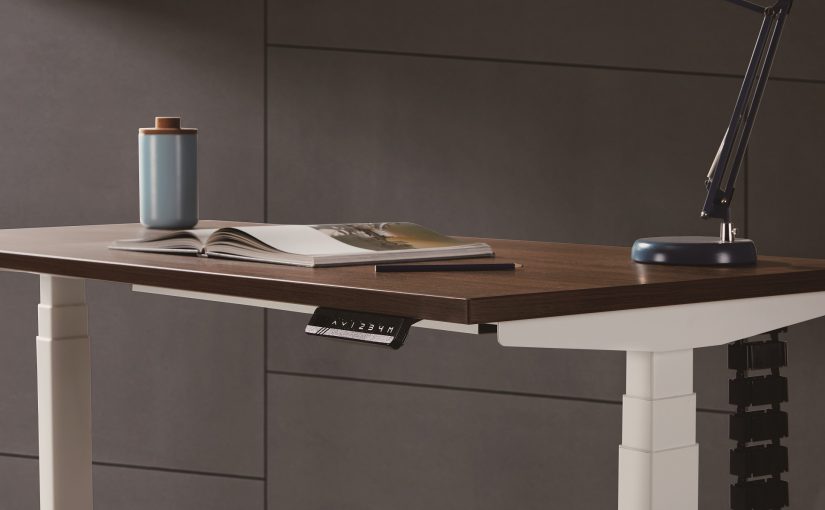
9. Exercise during one break
Exercise boosts endorphins, which increase happiness, enjoyment, and interest levels, all of which are important for productivity. If you are not able to go to the gym, then do a few home exercises or take a walk. When you come back, you will find more energy in your body for the rest of the day.
10. Use productivity apps
If you struggle with staying on task at hand while working from home, even if you have already tried some of the tips above, then you may need to take things up a notch and use a productivity app. Some productivity apps will track the amount of time you spend on each task, and even minimize distractions.
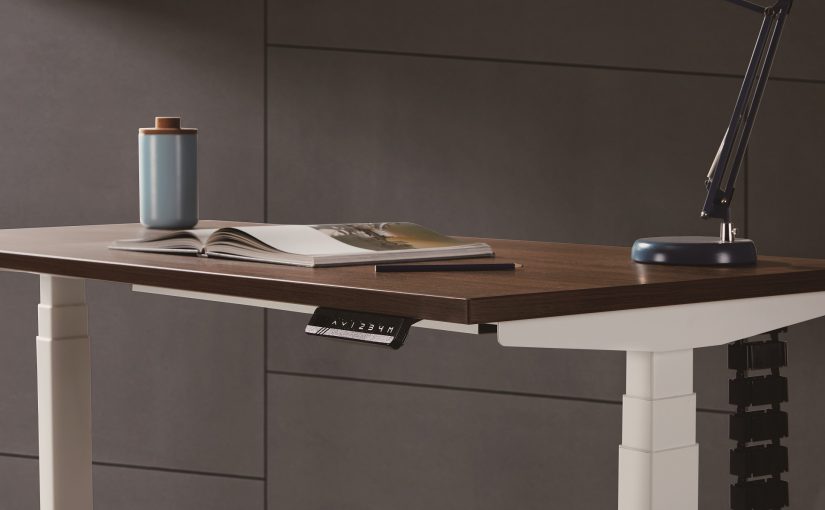
11. Buy a sit-stand table for an active work lifestyle
Working at home tends to lend itself to a sedentary lifestyle, not to mention the close proximity of the kitchen and refrigerator, making weight gain a problem. It is hard to avoid all temptations, so you can invest in a sit-stand table, which is the healthier alternative to traditional desks. It reminds one to switch between sitting and standing and foster healthy work habits which in turn increases productivity.
12. Avoid digital distractions
To counteract your social networks' ease of use during work hours, remove them from your browser shortcuts and log out from accounts. Put the notifications on your phone on silent and use your browser in 'incognito' mode. It's a guarantee that you won't be tempted into taking too many social breaks during the day.
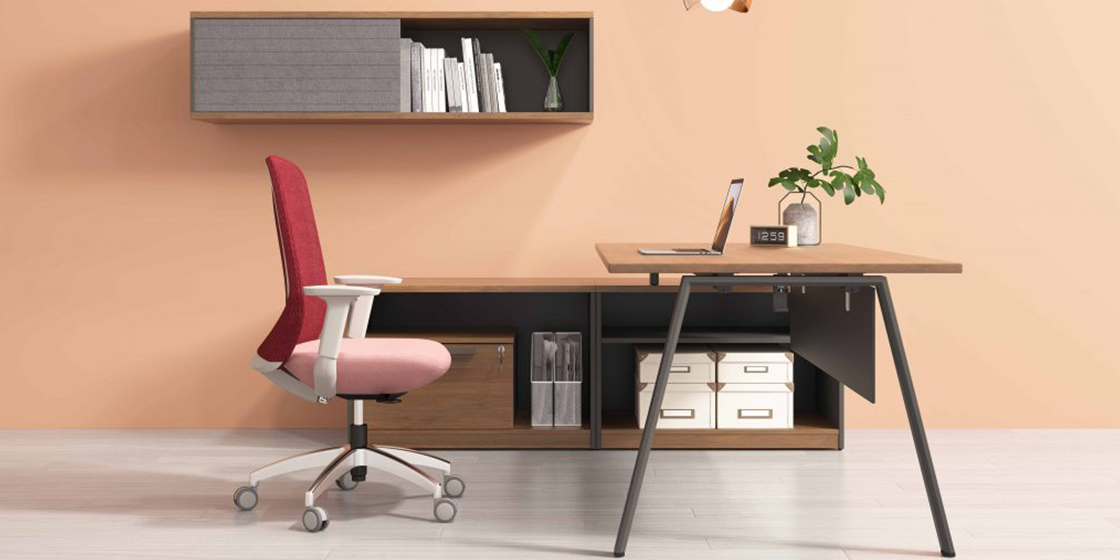
13. Use technology to stay connected
Working from home might help you focus on your work in the short term, but it can also make you feel cut off from the larger operation happening in the office. Instant messaging and video call tools like Google Hangout can make it easy to check in with co-workers and help you stay connected.
14. Keep personal time separate
Keeping work time and personal time compartmentalized also helps you keep productive while you're at work, and reduces stress when you aren't at work. In the same way that you scheduled your work hours, schedule, communicate and plan when you will not be available to work.
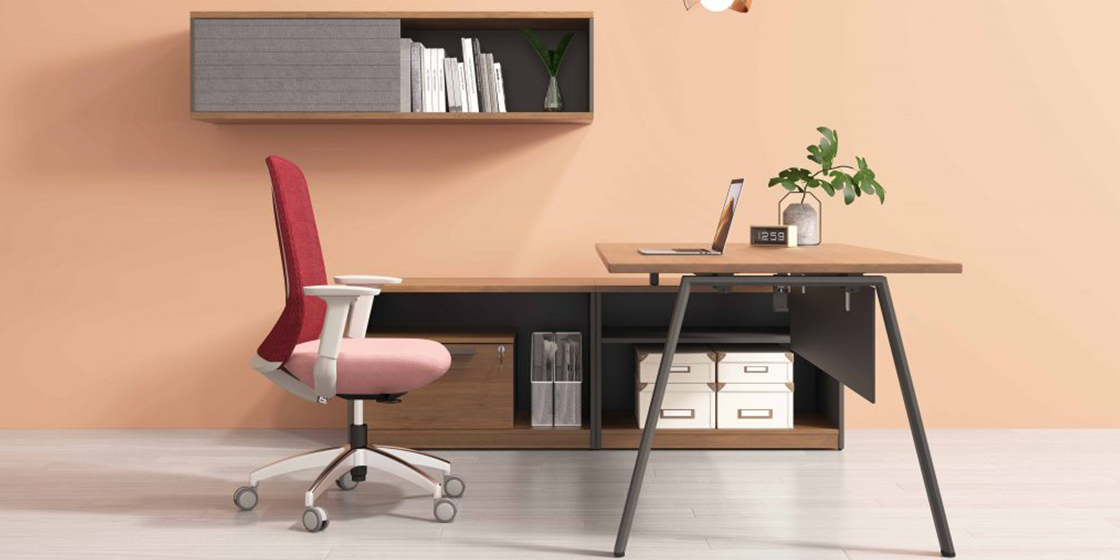
15. Stop working at a definitive time
In office, you know the leaving time which prepares you to finish the work in time. Likewise, set an alarm at the end of the day to indicate your normal workday is coming to an end. You don't have to stop at exactly that time, but knowing the workday is technically over can help you start the process of saving your work.
Conclusion
Working from home takes discipline. The key is to keep a good work-life balance, establish boundaries, and take care of yourself. Not all workers enjoy such freedoms, so value them and be efficient. That gratitude will motivate you to work harder.
Lastly, we are always there to help you work better at home. Check out our website and let's have a chat about productive workdays.